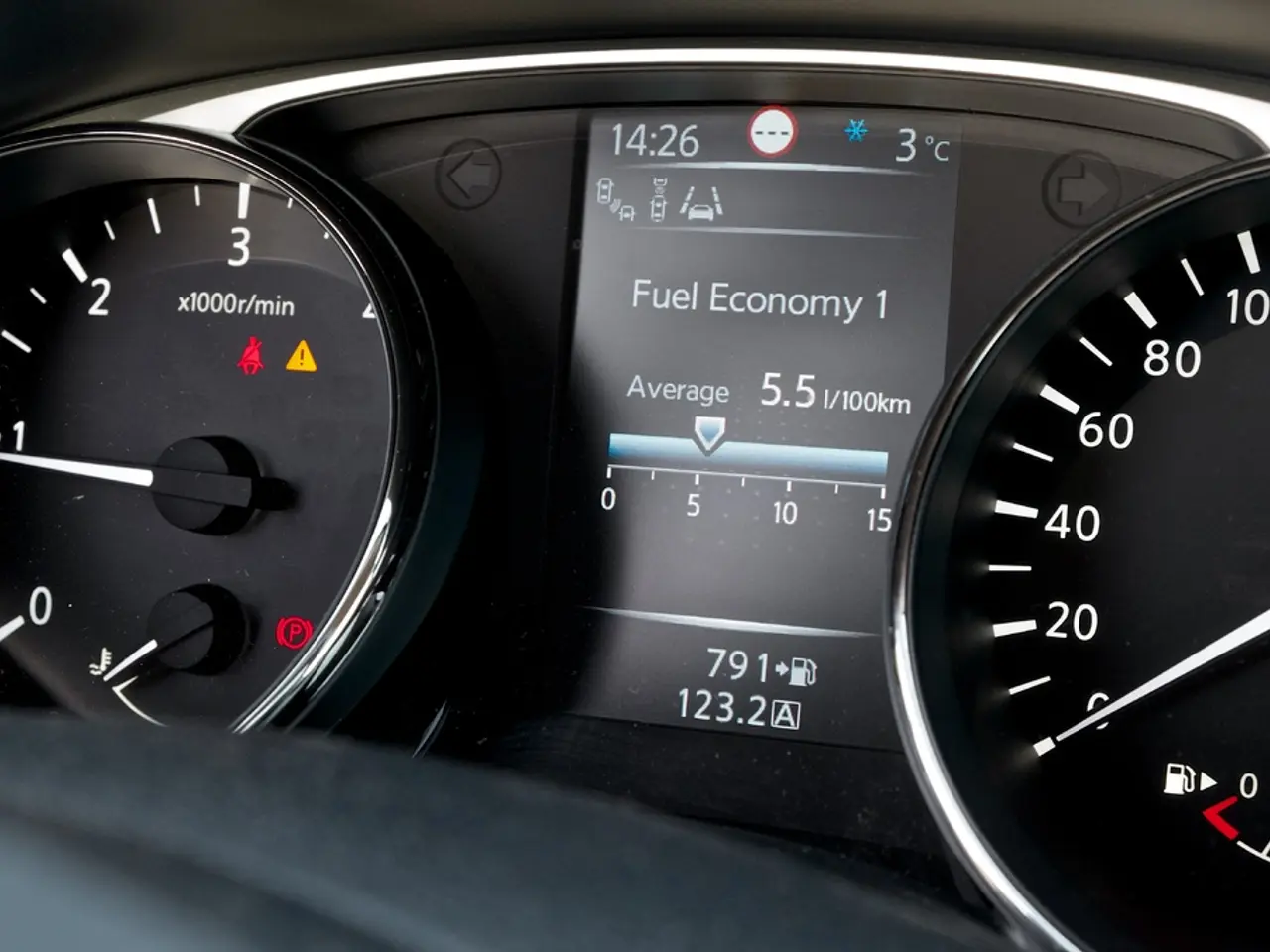Parliamentary Discussion on Motorway Speed Regulations
In a significant move towards road safety and environmental conservation, the South Schleswig Voters' Association (SSW) has put forward a motion to the Kiel state parliament, calling for a 130 km/h speed limit on the state's motorways. The proposal, which has garnered political support and impact considerations, is a response to Minister President Daniel Günther's openness to the idea.
The CDU Minister President, known for his leadership in Schleswig-Holstein, has expressed his willingness to consider the speed limit, making the proposal politically viable. The SSW MP, in a recent statement, asserted that for years, a majority of Germans have been in favour of a speed limit, according to polls.
Currently, while Germany's motorways ("Autobahnen") do not have a general speed limit, recommended limits and posted limits of up to 130 km/h exist in some areas due to safety or congestion reasons. The federal government sets speed limits generally, but states can influence or propose changes relevant to their regions.
If approved, the 130 km/h speed limit in Schleswig-Holstein would potentially bring about increased road safety, environmental benefits, improved traffic flow regulation, and set a political precedent for other federal states to consider similar limits.
The SSW MP emphasised that the state must now take responsibility at the federal level to achieve its ambitious climate goals. The motion, scheduled for submission during the state parliament session on July 23-25, calls for the state government's support in a federal council initiative for a speed limit.
Minister President Daniel Günther, in an interview with the Kiel "Environment Magazine," did not rule out a speed limit, stating that it would not be a very significant restriction. The SSW's insistence on the motion is based on their belief that a speed limit would contribute to reducing CO2 emissions, saving lives, and making traffic safer.
The SSW's focus on a speed limit discussion is part of the state's broader efforts to address climate change, aligning with Schleswig-Holstein's stated climate goals. This potential change in speed limit policy could pave the way for enhanced traffic safety and environmental outcomes in the region, potentially setting a model for broader application of speed limits on German autobahns.
- The speed limit proposal from the SSW, supported by the CDU Minister President, is positioned to have a significant impact on both road safety and environmental conservation, as it addresses concerns in the automotive and transportation industries, and abides by broader policy-and-legislation and political discussions.
- Germany's potential shift towards a state-wide speed limit on motorways like the Autobahnen would mark a change in the finance sector, as it could influence insurance premiums and fuel consumption rates.
- By advocating for a 130 km/h speed limit in Schleswig-Holstein, the SSW aims to promote responsible traffic management, aligning with the general news trends of environmental conservation and safety on motorways.
- On the state parliament session on July 23-25, the SSW intends to bring forth the motion for a speed limit, which may, if approved, serve as a model for policy-and-legislation in neighboring federal states, ultimately shaping finance, automotive, transportation, and politics across Germany.




